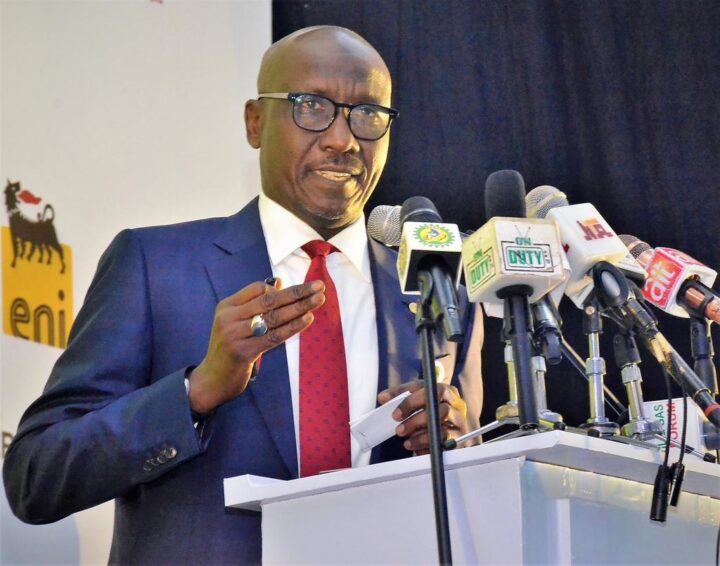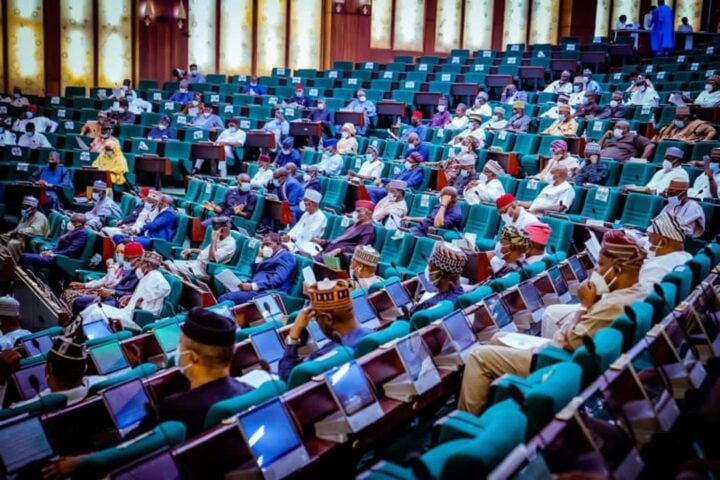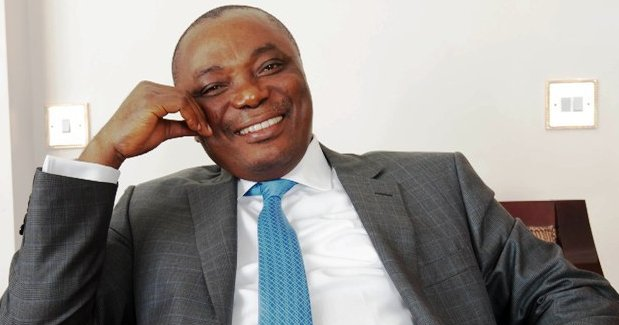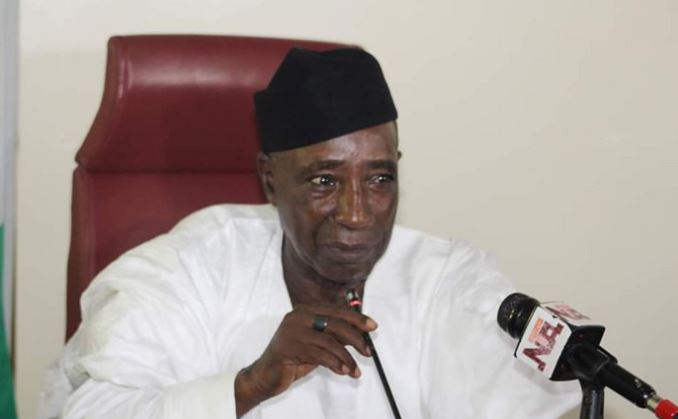Mele Kyari, group managing director of the Nigerian National Petroleum Corporation (NNPC), says rising crude oil prices will cause problems for resource-dependent countries such as Nigeria.
On Friday, Brent crude, the international benchmark of crude oil, traded above $72 per barrel while US West Texas Intermediate (WTI) crude futures sold above $70 per barrel.
In 2021, oil prices have continued to surge, sustained by coronavirus vaccine rollout and supply cuts from the Organisation of Petroleum Exporting Countries (OPEC).
Kyari on Thursday at the virtual Citizens Energy Congress, tagged: “Securing a Sustainable Future Energy System through Strategy, Collaboration and Innovation”, described the increase in global prices of crude oil as a “chicken and egg” situation.
Advertisement
He lamented that oil prices had started exiting the comfort zone set by the NNPC, and becoming a burden.
The NNPC boss put the comfort zone at $58-$60, saying that for the NNPC, anything above $70-$80 will create major distortions in the projections of the corporation and add more difficulties to the company.
Kyari expressed concerns that as the price of the commodity increases, buyers of Nigeria’s crude may be compelled to accelerate their investment in renewable sources of energy, thereby leaving the industry in a quagmire.
Advertisement
“In a resource-dependent nation like Nigeria when it gets too high, it creates a big problem because your consumers shut down their demand. Demand will go down and obviously even as the prices go up, you will have less volume to sell,” Kyari said.
“So, it’s a chicken and egg story and that’s why in the industry when people make estimates for the future, they always make it about $50 to $60. Nobody puts it beyond $60.
“But for us as a country, as prices go up, the burden of providing cheap fuel also increases and that’s a challenge for us but on a net basis, you know, the high prices, as long as it doesn’t exceed $70 to $80, it’s okay for us.”
He noted that Nigeria will have no problems supporting the restoration of about 5.8 million barrels a day that the OPEC still has offline since the pandemic, due to the curbs in production quota imposed by the oil cartel.
Advertisement
He explained that adding that number to demand will stabilise and probably bring oil prices down to about $60 level or a little below $60, which he described as a comfort zone for every oil-producing company or country.
“I don’t see them (Nigeria) having any difficulty agreeing to add additional volume to cushion the effect of these high prices for this period,” he said.
With declining investments in the oil sector, Kyari said that the world may experience an energy crisis in a short time if the current situation is not properly managed.
“But we know that a number of things are going on in the transition journey at renewables. Many oil companies are transiting to renewables in the future. And that means that emphasis will be on gas and I see a very turbulent next five years and potentially some stability in the next 10 years,” he added.
Advertisement
1 comments







I don’t know what is wrong with Nigeria if crude oil price falls government complain and if crude oil price increase government will still complain